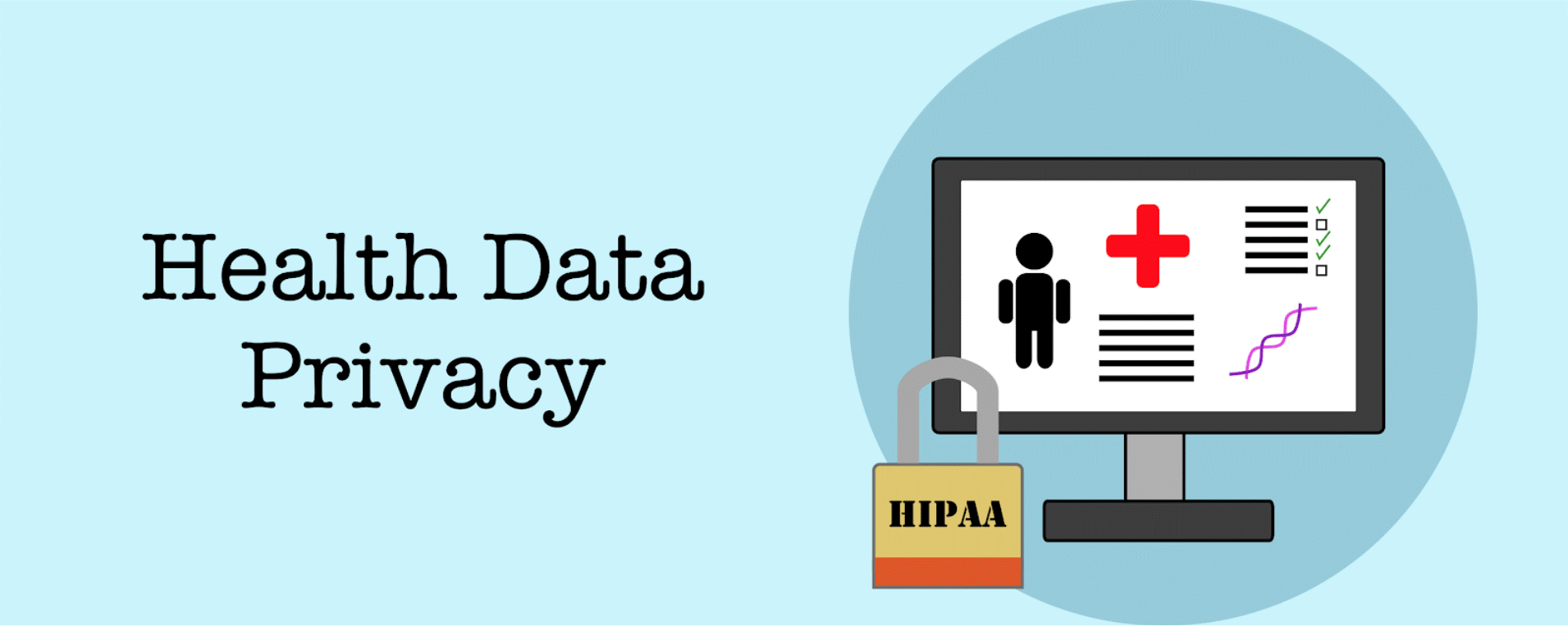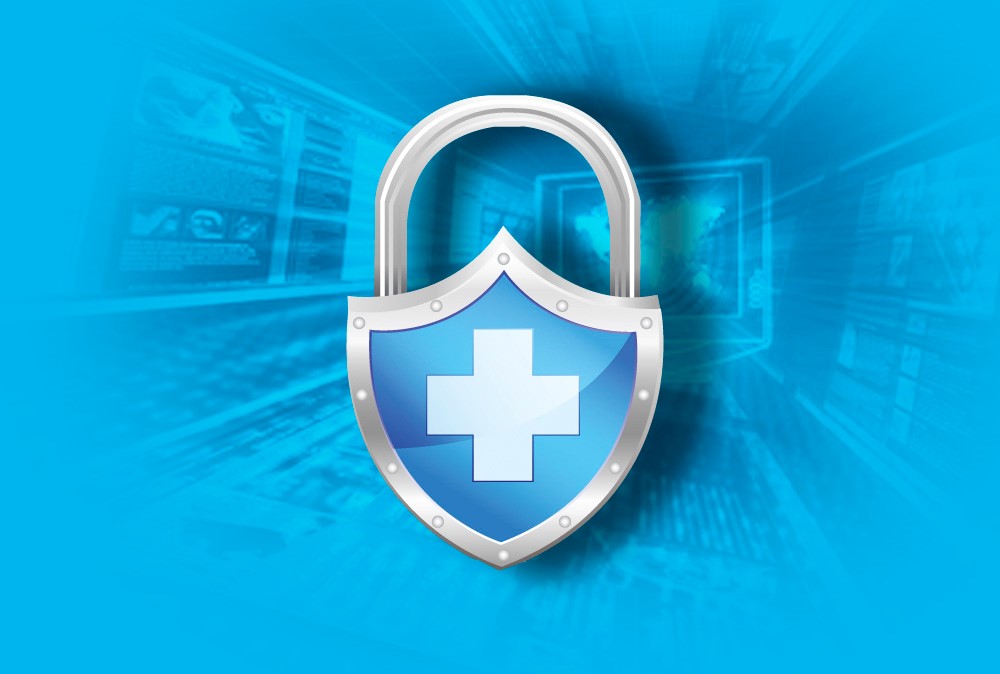In the digital age, health data privacy and security have become paramount concerns for patients, healthcare providers, and policymakers. As healthcare systems increasingly adopt digital solutions, the volume of sensitive health data being generated, stored, and shared has surged. This trend brings both unprecedented opportunities and significant challenges in ensuring that personal health information remains confidential and secure. This article explores the future of health data privacy and security, highlighting key trends, technologies, and regulatory developments.
The Importance of Health Data Privacy and Security
Health data encompasses a vast array of information, from medical histories and genetic data to treatment plans and insurance details. This data is not only crucial for providing high-quality care but also holds immense value for research and innovation. However, the sensitivity of this information makes it a prime target for cyberattacks. Breaches of health data can lead to identity theft, financial loss, and even physical harm if the data is misused.
Ensuring health data privacy and security is essential for maintaining patient trust, complying with legal requirements, and protecting public health. As the healthcare industry continues to digitize, the need for robust data protection measures becomes ever more critical.
Emerging Trends in Health Data Privacy and Security
1. Advanced Encryption Techniques
Encryption is a cornerstone of data security, and advancements in this field are continually enhancing the protection of health data. Quantum encryption, for instance, promises to offer unprecedented levels of security by leveraging the principles of quantum mechanics. As quantum computing becomes more accessible, it is expected to revolutionize the way health data is encrypted and safeguarded against cyber threats.
2. Blockchain Technology
Blockchain technology is gaining traction in healthcare for its potential to enhance data security and transparency. By creating immutable and decentralized records, blockchain can ensure that health data is tamper-proof and only accessible to authorized parties. This technology can also streamline processes such as patient consent management and data sharing, thereby improving both security and efficiency.
3. Artificial Intelligence and Machine Learning
Artificial intelligence (AI) and machine learning (ML) are being increasingly deployed to detect and prevent security breaches. These technologies can analyze vast amounts of data to identify unusual patterns and potential threats in real-time. For example, AI-driven systems can monitor network traffic for signs of cyberattacks and automatically respond to mitigate risks. Additionally, ML algorithms can help healthcare organizations comply with privacy regulations by identifying and anonymizing sensitive information.
4. Zero Trust Architecture
The traditional security model of trusting users within a network perimeter is becoming obsolete. Zero Trust Architecture (ZTA) is emerging as a more effective approach, especially in the context of remote work and cloud computing. ZTA operates on the principle of “never trust, always verify,” ensuring that every access request is authenticated and authorized regardless of its origin. This model significantly reduces the risk of unauthorized access to health data.

Regulatory Landscape and Compliance
1. General Data Protection Regulation (GDPR)
The GDPR, implemented by the European Union, has set a high standard for data privacy and security globally. It mandates stringent requirements for the collection, processing, and storage of personal data, including health information. Organizations must obtain explicit consent from individuals before processing their data and are required to implement robust security measures to protect it.
2. Health Insurance Portability and Accountability Act (HIPAA)
In the United States, HIPAA is the primary regulation governing health data privacy and security. It establishes national standards for the protection of health information and requires healthcare providers and their business associates to implement comprehensive safeguards. HIPAA also grants patients rights over their health data, including the right to access and request corrections.
3. Emerging Regulations
As data privacy concerns grow, new regulations are being introduced worldwide. For instance, the California Consumer Privacy Act (CCPA) extends GDPR-like protections to residents of California. Other regions are following suit with their own data protection laws, creating a complex regulatory landscape that healthcare organizations must navigate.
The Role of Healthcare Providers and Organizations
Healthcare providers and organizations play a crucial role in ensuring health data privacy and security. They must adopt a proactive approach to data protection, which includes:
1. Implementing Comprehensive Security Measures
This involves deploying advanced security technologies, such as encryption, firewalls, and intrusion detection systems. Regular security assessments and vulnerability testing are also essential to identify and address potential weaknesses.
2. Educating and Training Staff
Human error is a significant factor in data breaches. Healthcare organizations must invest in ongoing education and training programs to ensure that staff are aware of data privacy and security best practices. This includes recognizing phishing attempts, securing mobile devices, and adhering to data access protocols.
3. Developing Incident Response Plans
Despite best efforts, data breaches can still occur. Having a well-defined incident response plan in place is critical for minimizing the impact of a breach. This plan should outline the steps to be taken in the event of a breach, including notifying affected individuals, cooperating with regulatory authorities, and mitigating further risks.
4. Fostering a Culture of Privacy and Security
Creating a culture that prioritizes data privacy and security is essential. This involves leadership commitment, clear policies, and a focus on accountability. By embedding privacy and security into the organizational culture, healthcare providers can ensure that these principles are upheld at every level.
Conclusion
The future of health data privacy and security is shaped by rapid technological advancements, evolving regulatory frameworks, and the increasing digitization of healthcare. While these developments offer significant benefits, they also present new challenges that must be addressed to protect sensitive health information.
By embracing advanced encryption techniques, blockchain technology, AI and ML, and Zero Trust Architecture, healthcare organizations can enhance their data security measures. Additionally, staying compliant with regulations such as GDPR and HIPAA is crucial for maintaining patient trust and avoiding legal repercussions.
Ultimately, the responsibility for health data privacy and security lies with healthcare providers, organizations, and policymakers. Through collaboration and a commitment to best practices, the healthcare industry can navigate the complexities of the digital age and safeguard the privacy and security of health data for the future.




